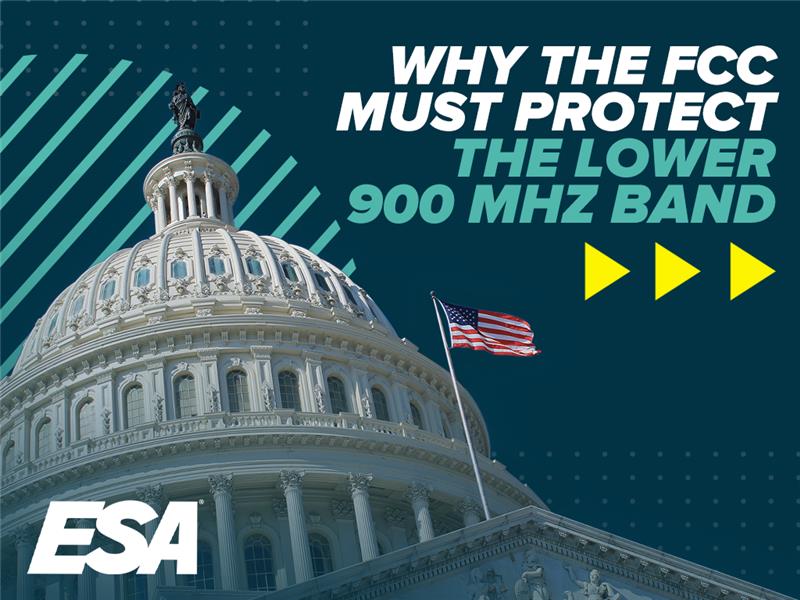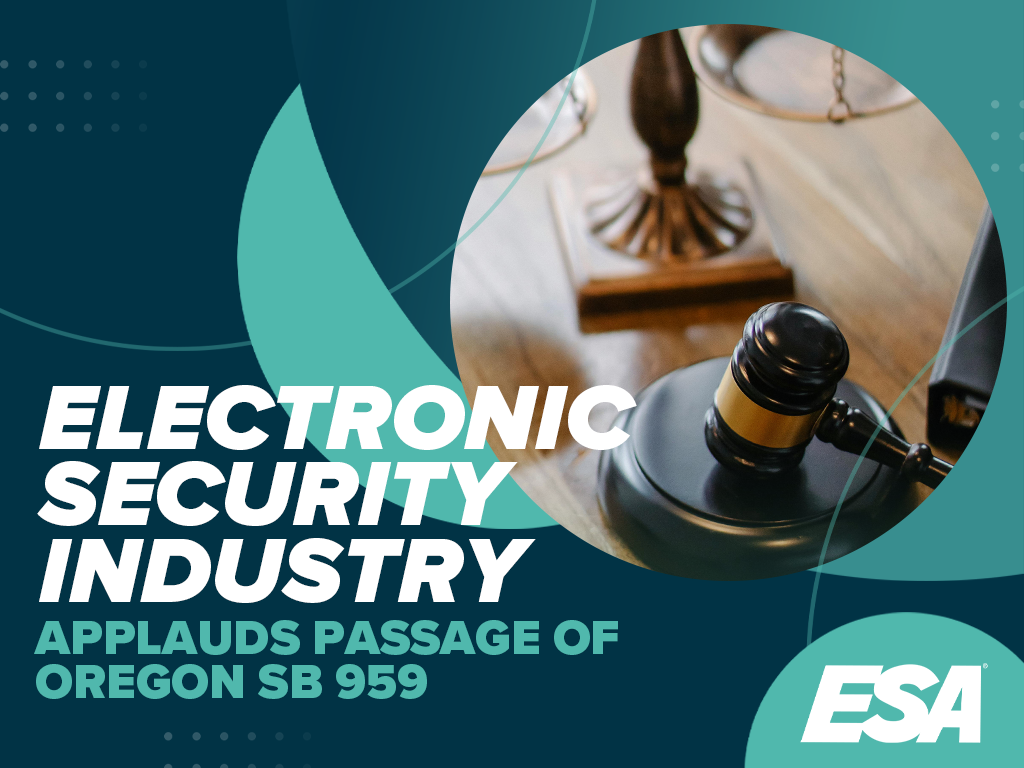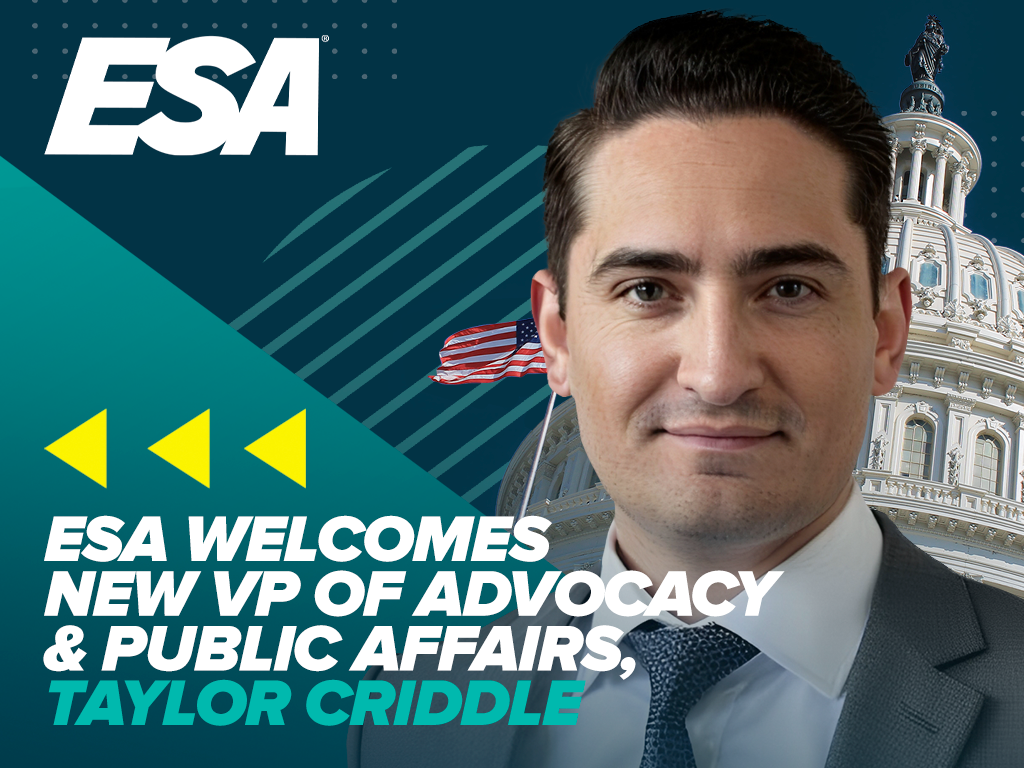Congress Finishes 2020 with New Phase of Funding
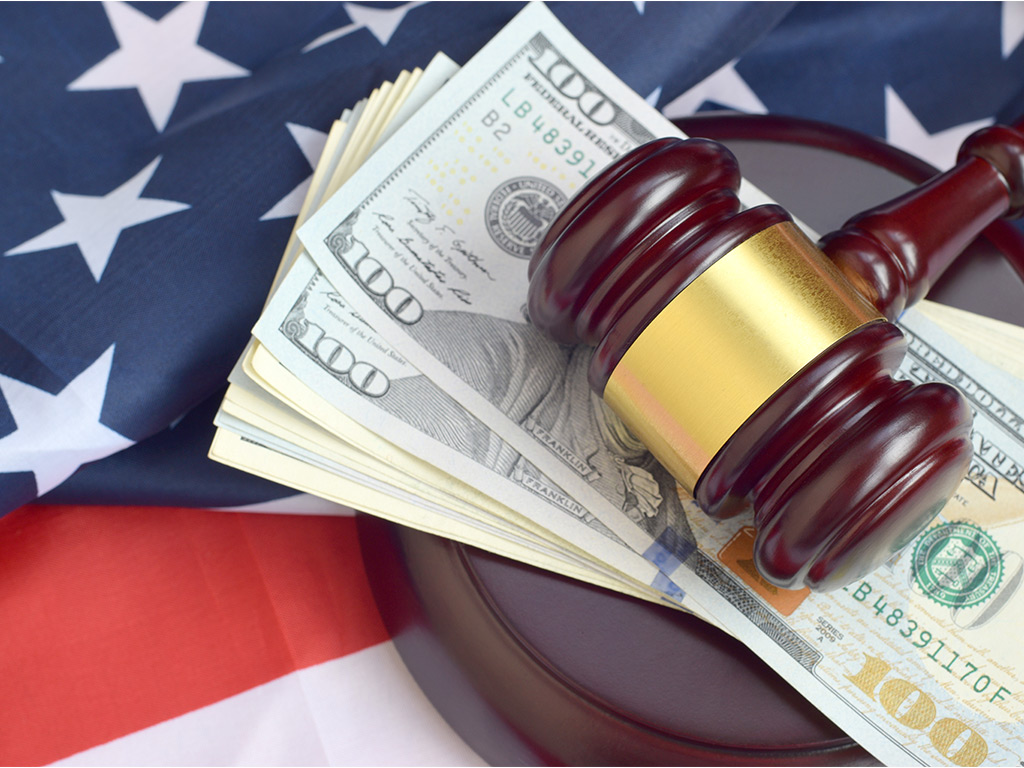
Congress finally acted as 2020 closed to provide a new phase of COVID-19 relief and tax breaks that will help many small businesses. The bill as passed is thousands of pages and includes the general appropriations for the next year. While the total price tag for the bill is $2.3 Trillion, “only” $900 billion is dedicated to COVID-related spending.
Here are the primary provisions for COVID relief that impacts people and businesses in the bill:
- $600 stimulus check sent to most Americans with the same income ceilings provided for in the CARES Act.
- $300 a week in extra unemployment benefits through March.
- $284 billion for the Paycheck Protection Program to help small businesses.
- The bill also addresses aid to airlines, farmers, public transit, food stamps, childcare, and a host of other causes that in one way or another were impacted from the economic fallout.
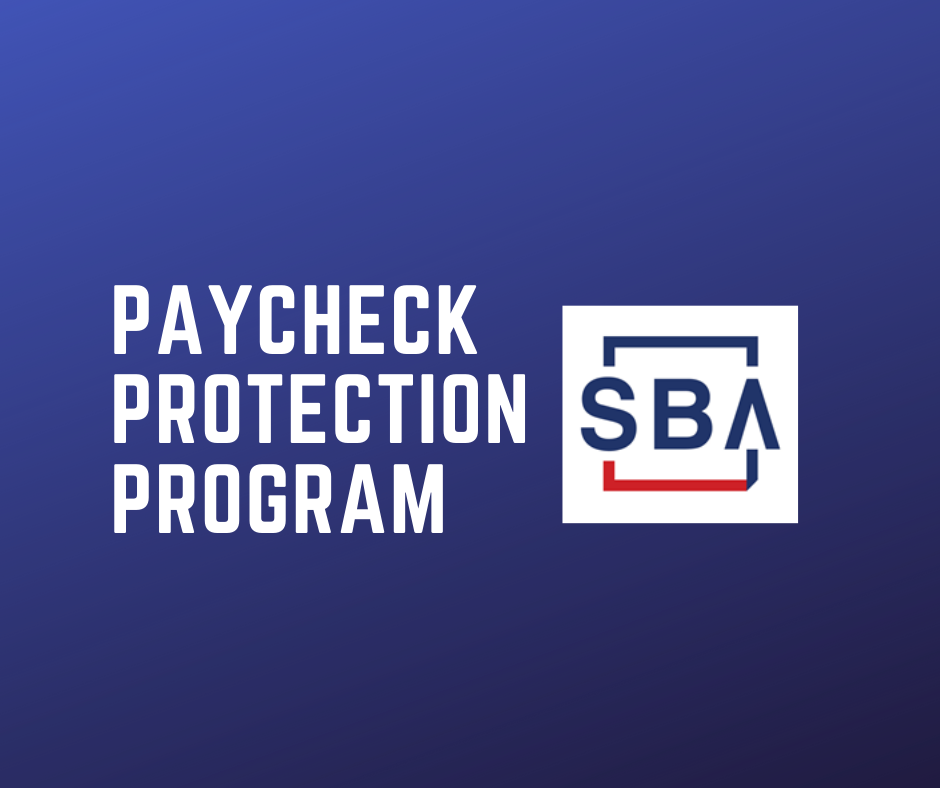
Paycheck Protection Program
The bill creates a second round of loans under the Paycheck Protection Program (PPP) offering low-interest, forgivable loans guaranteed by the Small Business Administration (SBA). It provides $284.5 billion in new funds for the SBA to guarantee first and second round loans. Some of the numbers include:
- $30 billion for first and second loans issued by community financial institutions and insured depository institutions, credit unions and other institutions with less than $10 billion assets.
- $15 billion for first loans issued to entities with 10 or fewer employees
- $35 billion for first loans to entities that did not receive a prior PPP loan.
- Second loans will be available to businesses that employ 300 or fewer workers, demonstrate that they suffered at least a 25% reduction in gross revenue during a quarter in 2020 compared with the same period in the previous year and have exhausted the proceeds of the first loan.
PPP Loan Forgiveness and Expenditures
The PPP funds are established as a loan, but the CARES Act provided for forgiveness of loans when used for payroll, utilities, and other defined expenses. This bill expands the list of forgivable expenditures for nonpayroll costs that include:
- Payments for software or cloud computing services that facilitate operations, product delivery, payroll expenses and other functions.
- Costs related to property damage, vandalism or looting due to public disturbances that were not covered by insurance.
- Payments made to suppliers of essential goods under contracts in effect before a PPP loan was issued.
- Purchases of personal protective equipment.
- Adaptations of facilities such as ventilations systems, sneeze guards and screening capabilities to comply with social distancing and other mandated requirements.
- PPP borrowers can choose loan forgiveness period ranging from 8 to 24 weeks.
Tax Deductions
The bill contains some provisions wanted by the President and others that will be helpful for electronic security businesses and any other small business. It expands the business-meals deduction. And, it includes a renewal of the employee retention tax credit for businesses that keep their employees on payroll.
One of the more substantive tax provisions in this bill is a provision that reverses prior IRS guidance and will allow businesses to deduct eligible expenses paid for with forgiven PPP loan proceeds. This is a significant provision that could save businesses across the country as much as $100 billion.
We hope this will help keep thousands of businesses open and the economy moving as we enter 2021. Let’s also hope this latest round of small business funding is the last round needed.

